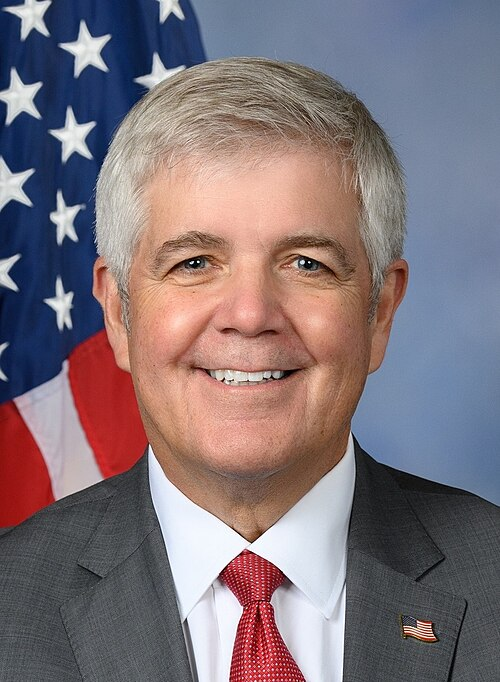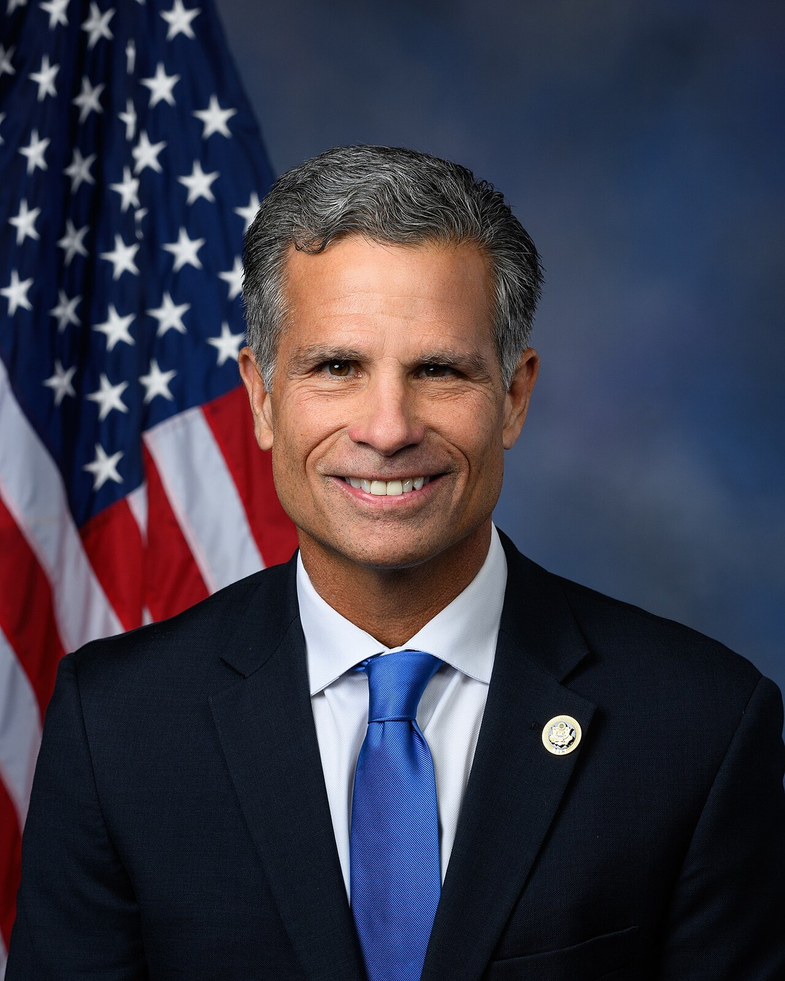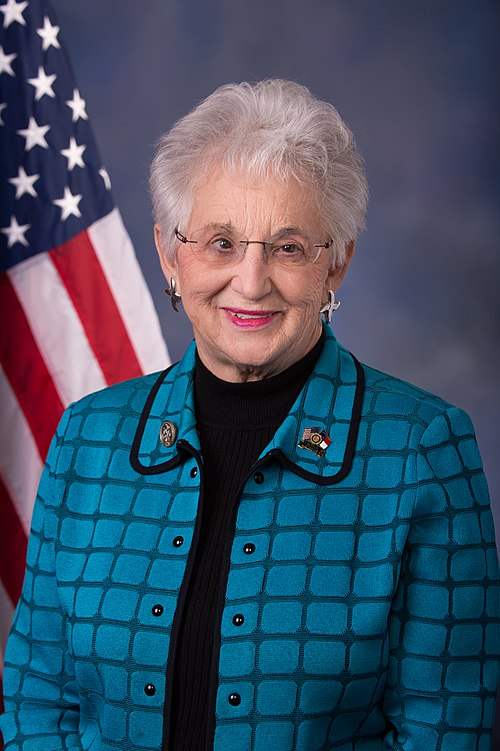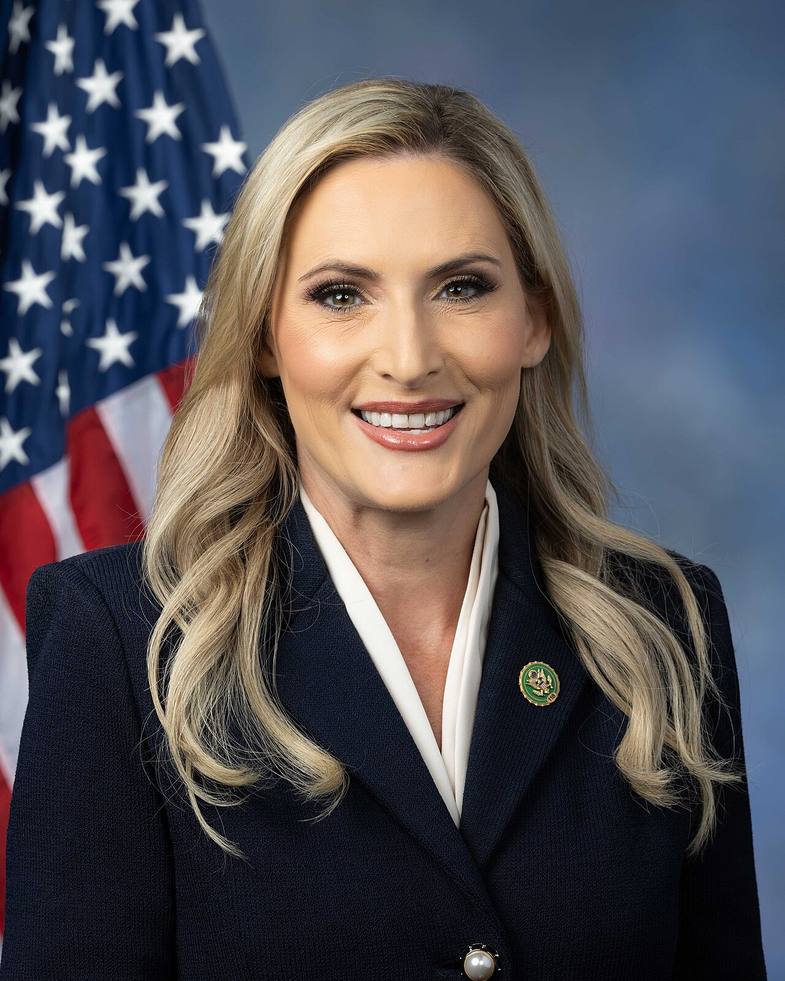S. 2620: Reforming Evergreening and Manipulation that Extends Drug Years Act
This bill, known as the Reforming Evergreening and Manipulation that Extends Drug Years Act (REMEDY Act), proposes amendments to existing laws regarding the approval of certain drug applications in the United States. The main focus of the bill is to streamline and clarify the processes related to the approval of abbreviated new drug applications (ANDAs), which are crucial for allowing generic drug manufacturers to enter the market more quickly and efficiently.
Key Provisions of the Bill
The bill includes several important changes to the existing provisions related to ANDA applications as follows:
- Selection of Covered Patents: Drug manufacturers will be required to select one specific patent for consideration when filing information about their drug applications. This selected patent is referred to as the "covered patent." Once a manufacturer has made this selection, it cannot be changed or amended.
- Infringement Actions: The bill specifies how infringement actions regarding patents should be treated differently, depending on when the drug was approved. For drugs approved after the bill's enactment, actions will specifically reference the covered patent, thereby potentially limiting the scope of legal disputes related to multiple patents.
- Consistency in Legal Framework: The language of the bill seeks to standardize how actions are brought in court relating to patent infringement, making it clearer whether it pertains to the covered patent or not, and establishing consistent requirements for notifications and submissions to the Secretary of Health and Human Services.
- Response Time Clarifications: The bill amends the timeframes associated with challenges to patent infringements to clarify expectations and obligations for both brand-name and generic drug applicants.
Impact on Drug Approval Process
By implementing these changes, the bill aims to reduce the instances of "evergreening," a practice by which brand-name drug manufacturers file for new patents on existing drugs to prolong their market exclusivity. This should facilitate quicker access to generic drugs, potentially leading to lower prices for consumers.
Relevant Companies
- PFE (Pfizer Inc.): As a large pharmaceutical company, Pfizer may be impacted as the bill aims to reduce practices that extend patent protections, potentially affecting their revenue from drugs facing generic competition.
- AMGN (Amgen Inc.): Amgen could face increased competition from generics if their patented drugs are subject to quicker onset of generic availability under the provisions of this bill.
- NVS (Novartis AG): Similar to Pfizer and Amgen, Novartis may be affected as the bill may shorten the exclusivity period of their patent-protected products.
This is an AI-generated summary of the bill text. There may be mistakes.
Sponsors
2 bill sponsors
Actions
2 actions
| Date | Action |
|---|---|
| Jul. 31, 2025 | Introduced in Senate |
| Jul. 31, 2025 | Read twice and referred to the Committee on Health, Education, Labor, and Pensions. (text: CR S5000: 1) |
Corporate Lobbying
0 companies lobbying
None found.
* Note that there can be significant delays in lobbying disclosures, and our data may be incomplete.


































